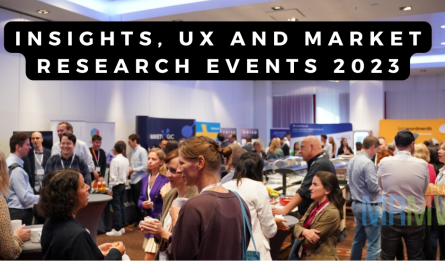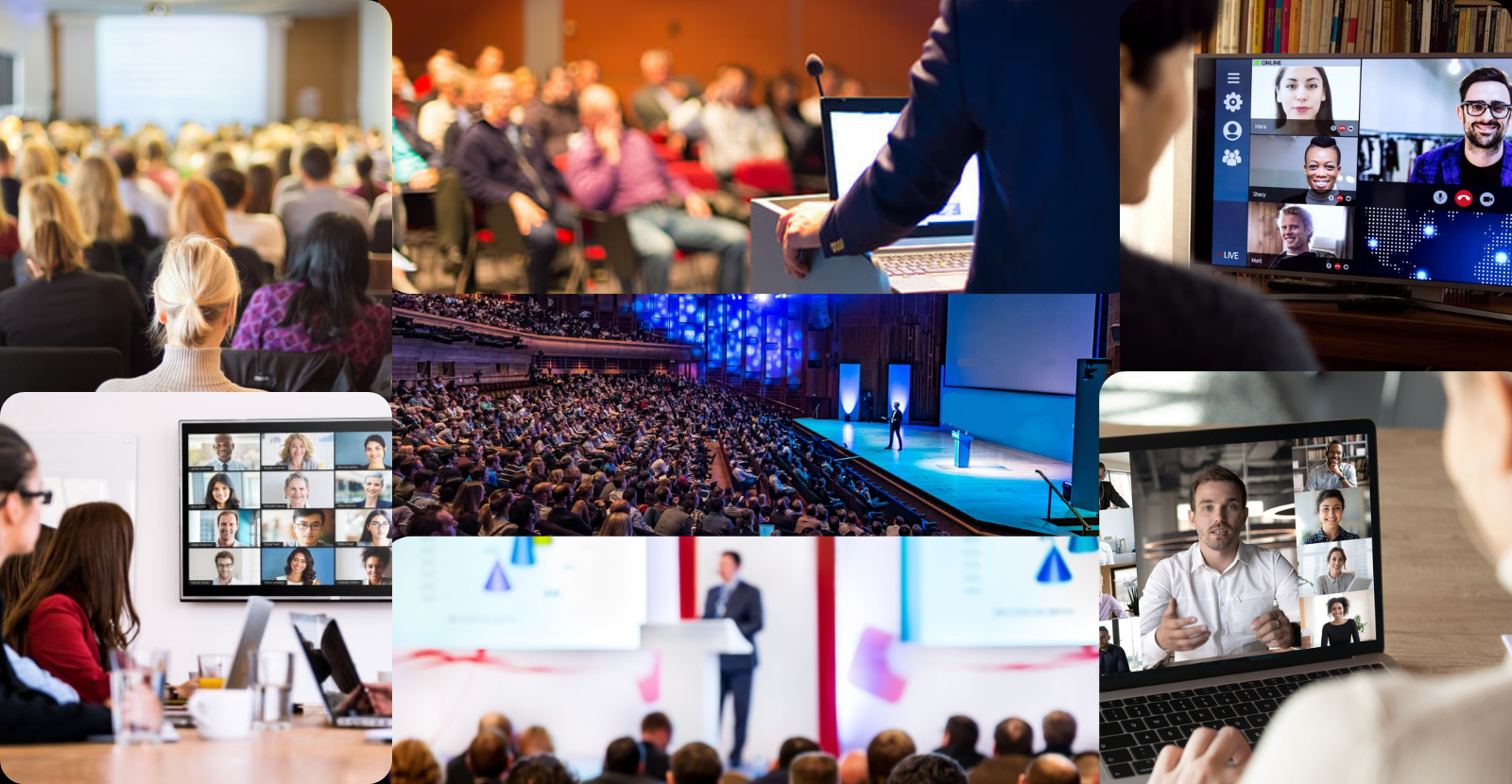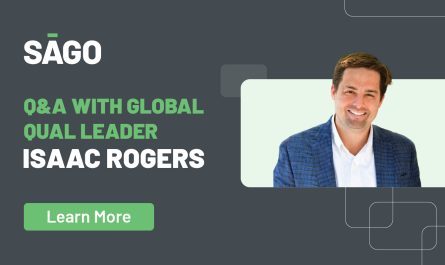Watch our featured MRMW 2023 keynote by Joanna Lepore, Global Director of Foresights, McDonald’s.
Leveraging foresight to anticipate disruption in volatile times
- Bringing foresight into the business plan to prepare for the future
- Understanding the micro trends to overcome macroeconomic challenges
- Foreseeing the future through storytelling
You can find all MRMW 2023 recordings for free in our video section!
Full summary below (This is an AI generated summary. There may be inaccuracies)
McDonald’s – Leveraging foresight to anticipate disruption in volatile times
Joanna Lepore, Global Director of Foresights, discusses the importance of leveraging foresight in a disruptive and volatile world. She explains the concept and its application in businesses, emphasizing the need for strategic thinking and longer-term planning. Joanna also explores the four key pillars of the foresight strategy at McDonald’s, which include building capability, integrating it into the planning process, collaboration and partnership, and working with diverse agencies and sources.
Success is defined by tangible return on investment and a culture shift towards curiosity. To encourage long-term thinking, Joanna suggests creating a community of curiosity and conducting workshops. In her presentation, she also addresses the challenge of getting stakeholders focused on short-term results to embrace long-term foresight. Joanna concludes by highlighting the importance of running multiple scenarios and being prepared and flexible in navigating future challenges.
Leveraging foresight in a disruptive and volatile world
Business leaders are seeking to be ahead of what’s coming, wanting to know what to pay attention to and not be blindsided, particularly when it comes to technology. While many business leaders may be short-term focused, McDonald’s is thinking about the next 6-7 years for the organization. Joanna Lapore emphasizes that the future is unpredictable and shares personal examples of how life can take unexpected turns. She highlights the importance of considering context, critical uncertainties, and the choices we make when thinking about the future.
Foresight and its application in business
Foresight involves considering the weight of history, the push of the present, and the pull of the future to anticipate and prepare for possible future scenarios. It is a balance of science and art, combining analytical and evidence-based approaches with creativity and imagination. While foresight is not about making predictions, it acknowledges that humans have a natural curiosity about what’s next and leverages that curiosity to enable strategic decision-making. Joanna emphasizes the importance of using tools and methodologies to anchor foresight activities, rather than making arbitrary choices about the future.
Leveraging foresight tools and techniques to navigate the volatile and disruptive nature of the business environment
Joanna mentions various methods such as trend analysis, scenario planning, and Delphi, highlighting the need for a wide range of approaches to address different challenges. Despite the constant barrage of change, these terms and challenges are not new. They stress the overwhelming nature of these disruptions for business leaders and the negative impact on long-term decision-making. Joanna also highlights the need for strategic thinking and longer-term planning to prepare for success rather than failure, also highlighting the precariousness of even well-established companies, citing studies that show the decline in the lifespan of multinational corporations. Finally, she outlines a scope of focus for foresight initiatives at McDonald’s, encompassing long-term macro trends, midterm industry shifts, and short-term operational planning.
Four key pillars of the foresight strategy at McDonald’s
The first pillar is building capability, which involves training employees in foresight and promoting a mindset of thinking differently and planning for the future. The second pillar is integrating foresight into the planning process, being actively involved in creating long-term visions beyond the annual planning cycle. The third pillar focuses on collaboration and partnership, gaining buy-in from senior-level management and involving all decision-makers in the organization. Lastly, Joanna mentions the importance of working with diverse agencies and sources, learning from industry peers, and utilizing free tools to democratize foresight.
What success looks like to stakeholders? Tangible return on is crucial
Lapore highlights the importance of a culture shift towards curiosity within McDonald’s. In terms of encouraging long-term thinking, she mentions creating a community of curiosity through platforms and interactions, as well as conducting workshops to incorporate foresight into planning processes. Regarding methodologies, Joanna clarifies that she does not engage in forecasting or predicting the future through customer surveys. Instead, she gathers information from her insights teams and uses a broad range of sources to investigate and research the future.
Getting stakeholders to embrace long-term foresight
Joanna shares an example of a senior leader who initially rejected new ideas and trends. The key is to understand the leader’s motivation and goals and show them a pathway to success. She emphasizes the importance of maturity curves and the evolution cycle of trends, explaining that not everything needs immediate action, but rather an understanding of what’s happening in the world. Joanna also mentions that people may be resistant to change, so interactive and collaborative workshops are used to co-create preferred futures and expand openness to new ideas. She concludes by emphasizing the need to navigate challenges in the future by running multiple scenarios and being prepared and flexible.









 by
by 


